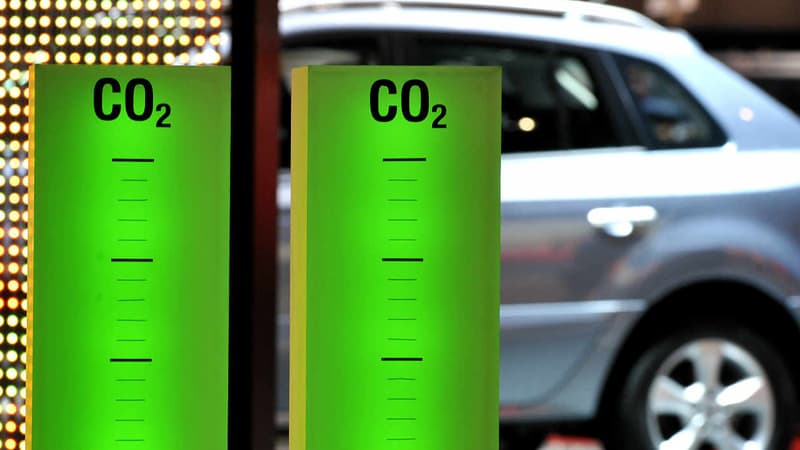The former chief executive of Audi, a subsidiary of Volkswagen, agreed on Wednesday to plead guilty in Germany in the river trial over his responsibility in the “dieselgate” affair, one of the many legal consequences of the diesel engine scandal.
While he has so far disputed the charges, Rupert Stadler will plead guilty as part of a plea deal with the Munich Regional Court.
In exchange for the confession, he should receive a suspended prison sentence of up to two years and pay a fine of 1.1 million euros.
The former head of the ring firm, 60, is the main defendant in the first criminal trial opened in Germany to judge the global dieselgate scandal. He has been appearing for two and a half years alongside other former Volkswagen executives.
Rupert Stadler’s formal confession is expected in two weeks. They are a prerequisite for the plea agreement to be validated.
Last step, the court should issue a sentence in June, according to a judicial source.
omission fraud
Rupert Stadler had always denied any responsibility for the tampered engine issue that blew up at Volkswagen in 2015, saying his technicians had misled him.
But the court concluded that the boss should have recognized by July 2016 that the emission values of diesel cars could be manipulated.
Instead of stopping the illegal scheme and informing business partners, he continued to support the sale of fake cars.
Consequently, the court is moving towards a prison sentence for “fraud by omission” but to be suspended due to the confessions, albeit late.
This admission of guilt makes it possible to reduce the sentence imposed, which was a maximum of ten years.
Rupert Stadler accepted the guilty plea, as did the other two defendants in the trial: a former head of Audi and Porsche, Wolfgang Hatz, and an Audi engineer, Giovanni Pamio.
The prosecution, however, rejects the principle of a suspended sentence for Wolfgang Hatz. If the judge follows this advice, the defendant is still at risk of being sentenced to prison.
legal ramifications
In 2015, following accusations by the US Environmental Agency (EPA), Volkswagen admitted to having equipped 11 million of its diesel vehicles with software capable of making them appear less polluting during laboratory tests than on the roads.
A worldwide scandal ensued, seriously tarnishing the reputation of the German automobile industry.
The Volkswagen group has to date suffered a global bill of more than 30 billion euros in refunds, damages and legal costs, most of which was paid in the United States.
Many legal aspects of the scandal remain to be completed.
Another major criminal trial opened in September 2021, involving four former Volkswagen officials accused of fraud, is still ongoing in a court in Brunswick (north), not far from the manufacturer’s historic headquarters.
Renault, Peugeot, Citroën and Fiat-Chrysler charged in France
This trial is currently taking place without its main defendant, the former CEO of the first European manufacturer at the time of the scandal, Martin Winterkorn. Exempt from hearing for medical reasons, the date of his possible appearance is unknown.
Another civil lawsuit is underway in Brunswick court by investors seeking compensation, while Volkswagen’s stock had collapsed by 40% in the days after the scandal broke.
In France, the Paris Court of Appeal confirmed in March Volkswagen’s accusation of aggravated deception in this case that has already earned the German manufacturer a sentence to pay a fine of one billion euros.
The German is not alone here, the manufacturers Renault, Peugeot, Citroën and Fiat-Chrysler were also charged in mid-2021.
Source: BFM TV


